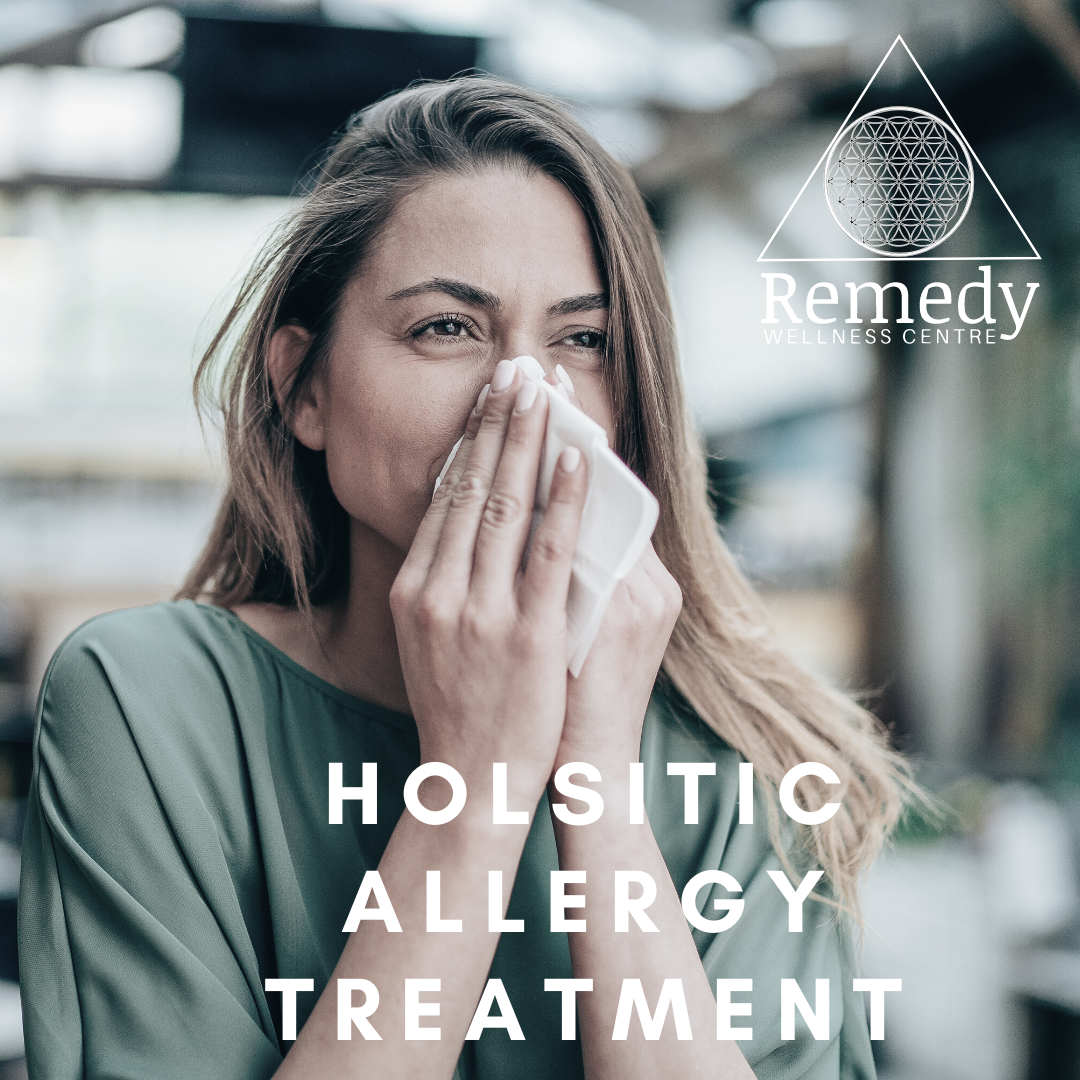
Are you tired of battling allergies every spring? Sneezing, itching, watery eyes – the symphony of discomfort that makes you dread the warmer months? Millions grapple with allergies annually, relying heavily on conventional medicine for relief. But what if there was a more gentle, comprehensive approach that addressed the root cause, not just the symptoms? Enter holistic medicine for allergies. This isn't about abandoning proven medical treatments, but rather supplementing them with holistic methods to achieve lasting, sustainable relief.
Holistic medicine approaches allergies from a different perspective. Instead of focusing solely on suppressing symptoms with antihistamines and corticosteroids, it seeks to understand and address the underlying imbalances within the body that contribute to allergic reactions. This involves exploring several key areas:
1. Diet and Nutrition: Fueling Your Body for Allergy Resilience
What you eat plays a significant role in your immune response. Many holistic practitioners emphasize eliminating common allergy triggers from your diet, such as dairy, gluten, soy, and certain nuts. This requires diligent tracking of your food intake and identifying potential culprits through an elimination diet. Additionally, focusing on anti-inflammatory foods is crucial. Think brightly colored fruits and vegetables rich in antioxidants, healthy fats like omega-3s found in fatty fish and flaxseeds, and probiotic-rich foods to support a healthy gut microbiome.
Example: Swapping processed foods for whole, unprocessed options can significantly reduce inflammation and improve overall health, indirectly lessening allergy symptoms.
2. Herbal Remedies: Nature's Allergy Helpers
For centuries, herbal remedies have been used to manage allergy symptoms. Certain herbs possess anti-inflammatory and antihistamine properties that can offer natural relief. These include:
- Nettle leaf: A powerful antihistamine that reduces inflammation and can lessen allergy symptoms like sneezing and itching.
- Butterbur: Shown in studies to effectively reduce allergy symptoms, particularly for hay fever. (Note: Choose extracts that have been processed to remove pyrrolizidine alkaloids, which can be harmful to the liver.)
- Quercetin: A potent antioxidant found in many fruits and vegetables, also available as a supplement, that helps stabilize mast cells, preventing the release of histamine.
Important Note: Always consult with a qualified healthcare professional or herbalist before starting any herbal remedy, especially if you're on other medications.
3. Lifestyle Adjustments: Stress Management and Environmental Controls
Stress significantly impacts the immune system. Chronic stress can exacerbate allergic reactions. Incorporating stress-reducing techniques like yoga, meditation, deep breathing exercises, or spending time in nature can help regulate the immune response and lessen allergy severity.
Controlling exposure to allergens is also crucial. This might involve using air purifiers with HEPA filters, regular vacuuming, and washing bedding frequently. Reducing exposure to irritants like smoke and pollutants is equally important.
4. Acupuncture and Acupressure: Unblocking Energy Flow
Acupuncture, a traditional Chinese medicine technique, involves inserting thin needles into specific points on the body to stimulate energy flow. Acupressure, a similar technique, applies pressure to these points instead of needles. Both practices can help regulate the immune system and alleviate allergy symptoms.
5. Mind-Body Connection: The Power of Your Thoughts
The mind-body connection is undeniable. Negative thoughts and emotions can weaken the immune system, making individuals more susceptible to allergies. Practicing mindfulness, positive affirmations, and stress-reduction techniques can significantly impact your overall health and allergy resilience.
Integrating Holistic Medicine with Conventional Care
It's vital to emphasize that holistic medicine should not replace conventional medical treatment for allergies. Instead, it should be viewed as a complementary approach. If you experience severe allergic reactions, like anaphylaxis, always seek immediate medical attention. Work with your doctor to find a treatment plan that integrates both conventional and holistic methods for optimal results.
Holistic medicine offers a path towards alleviating allergy symptoms naturally and sustainably. By addressing the underlying imbalances and adopting a more holistic lifestyle, you can significantly improve your quality of life and enjoy allergy relief without relying solely on medications. Remember to consult with your healthcare provider before starting any new treatments or making significant dietary changes.

Disclaimer: Artikel ini diolah dari berbagai sumber.
Comments